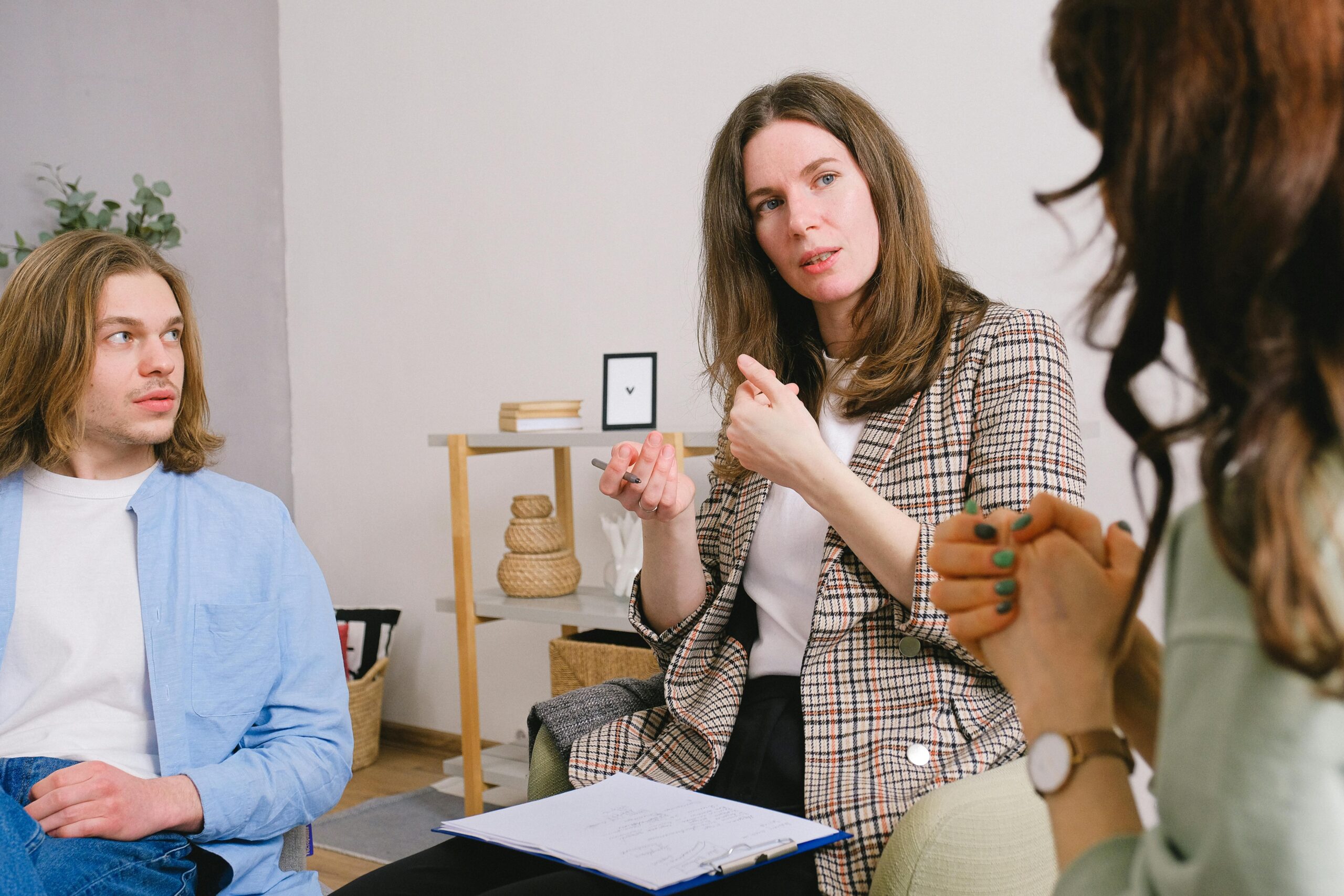When the Silence Gets Loud: A Journey Through Mental Health in Everyday Life
We all go through it at some point in life. The quiet moments of sadness come and go without warning. The days when smiling feels like a task. The nights when your mind races and refuses to let you sleep. It’s not always dramatic. It’s not always visible. But it’s there. That invisible shadow we carry on our shoulders. Mental health isn’t about diagnoses alone. It’s about the emotional and psychological weight that sits in the background of our daily lives.
For many, the silence gets loud. The things we don’t say, the pain we hide, the heaviness we can’t explain—it builds up. And when it becomes too much, it starts to show in ways we don’t expect. Mental health doesn’t always scream. Sometimes it whispers. It creeps into our mornings and stays through our nights. It turns smiles into masks. It makes joy feel like a memory. And yet, most of us pretend it’s not there. We say we’re just tired. We say we’ll feel better tomorrow. But deep down, we know something isn’t right.
There’s a woman named Lina from a quiet Austrian town. She had a stable job, a loving husband, and two young children who adored her. By all appearances, her life was everything she had dreamed of. But every morning, Lina woke up with a knot in her chest. Her heart would race, and her breath felt short. She would plaster on a smile for her kids, get them ready for school, and head to work like everything was normal. But inside, she was screaming. Every small task felt overwhelming. Every moment alone felt like drowning. She kept going, thinking it was just stress. Then, one afternoon, she fainted at work. That moment changed everything.
Inside the Silent Battles: Anxiety and Depression
What Lina was feeling wasn’t just stress. It was anxiety. And it had been living inside her for years, quietly stealing her joy and peace. Anxiety isn’t just worry. It’s not simply being nervous. It feels like your mind is running a marathon you never signed up for. It’s heart palpitations in a quiet room. It’s feeling unsafe in your own body. It’s your thoughts spinning in circles with no way out. It’s trying to explain to others what you can barely understand yourself. And often, the hardest part is the loneliness. Because from the outside, everything looks fine. So no one sees the storm you’re trying to survive.
If anxiety is loud and chaotic, depression is the quiet fog that rolls in without warning. It doesn’t always come with tears. Sometimes, it brings numbness. An inability to feel anything at all. You stop caring. You stop engaging. Even things you once loved feel meaningless. Jonas, a painter from Hamburg, shared that exact feeling. He didn’t cry. He wasn’t particularly sad. He just stopped feeling. He stopped painting. He stopped replying to friends. He stopped laughing. He described it as drifting in slow motion through a life that no longer felt like his.
The Power of Presence and the Courage to Speak
One day, Jonas’s best friend came over unannounced. She didn’t talk much. She just sat beside him. They didn’t discuss anything deep. She didn’t offer advice. She simply stayed. That small act of presence was the first thread that pulled Jonas back from the fog. It reminded him that he wasn’t invisible. That someone saw him—even when he couldn’t see himself.
Talking can be powerful. One of the most healing acts in mental health is also the simplest: conversation. Yet, for many, it feels like the hardest step. We’ve been taught to be strong. To keep it together. To not show weakness. So we suffer quietly. But the truth is, opening up doesn’t make us weak. It makes us brave. It takes courage to say, “I’m not okay.” It takes strength to ask for help. And it creates space for healing.
In many parts of Europe, especially in rural or traditional communities, mental health still feels like a taboo subject. Therapy is seen as something extreme. Talking about feelings is uncomfortable. People say things like, “Just get over it,” or “You have nothing to be sad about.” These words hurt. They minimize pain. And they push people deeper into isolation. Mental health is not a choice. It’s not a lack of gratitude. It’s a real part of human life that deserves compassion and understanding.
The Gentle Journey of Healing: Progress in Small Steps
Healing is not a straight line. It’s not about waking up one day and feeling brand new. It’s slow. Sometimes it’s two steps forward and one step back. There are good days and bad days. And that’s okay. You are still making progress. There’s no finish line to healing. No single moment that makes everything better. It’s about learning to sit with the discomfort. Be kind to yourself on hard days. To celebrate small victories, even if they seem insignificant.
What helps in these moments are not grand changes, but small, steady actions. A daily routine can bring comfort. Going outside, even for a short walk, can reset your nervous system. Sleep is essential—it helps your body and mind repair. Writing your thoughts in a journal can be a safe way to let things out. Moving your body, even through gentle stretching or slow walks, releases tension. And most of all, connection helps. Having even one person you trust can make all the difference.
Therapy can also be a powerful tool. It’s not just for crises. It’s a space where you can explore your thoughts, understand your emotions, and learn how to cope in healthier ways. There are many types of therapy—some focus on thinking patterns, others on past trauma, and some simply offer a non-judgmental ear. No matter what you choose, the act of showing up for yourself is already a step toward healing.
Panic, Healing, and the Digital Trap
Take the story of Luca, a young man from Milan. For years, he suffered from panic attacks. He was terrified someone would find out. He thought it made him weak. So he hid. He smiled through the fear. But one night, after a particularly intense panic episode, he called his sister in tears. She listened without interrupting. She didn’t try to fix it. She just said, “You’re not broken.” That simple sentence was the turning point for Luca. He began therapy. He learned tools to manage his panic. Today, he speaks in schools about anxiety and teaches students that vulnerability is strength.
Mental health is also deeply affected by our digital lives. Social media creates unrealistic standards. We see highlight reels of perfect moments—vacations, achievements, smiles. But we don’t see the pain behind the screens. The loneliness. The insecurity. The silent suffering. And we compare our real lives to their filtered ones. This comparison robs us of peace. It feeds our inner critic. That’s why digital boundaries matter. Taking breaks. Muting accounts that make you feel unworthy. Following people who share honestly. And remember that no one has it all figured out.
If someone you love is struggling, you don’t need the perfect words. You don’t need all the answers. Just be there. Listen. Say things like, “I care about you,” or “You’re not alone.” Don’t try to fix everything. Your presence matters more than your advice. Be patient. Healing takes time. And sometimes, just knowing someone is there makes the journey easier.
Finding Balance: Everyday Mental Health and Marta’s Journey
Mental health shows up in everyday life. In the way you eat. The way you sleep. The way you respond to stress. It’s not about constant happiness. It’s about balance. About learning to sit with discomfort and still move forward. It’s about creating space in your life for joy, rest, sadness, and everything in between.
There’s a woman named Marta in Lisbon who battled years of depression. She tried everything—medication, therapy, meditation. At one point, she felt hopeless. But one thing kept her going: the belief that things could get better. And eventually, they did. She once said, “The pain didn’t disappear. But now, it doesn’t control me. I’ve made peace with my mind.” That peace didn’t come overnight. It came slowly. But it came.
Conclusion
In the end, the most important message is this: You are not alone. You don’t have to carry it all by yourself. Mental health is a journey, not a destination. It’s okay to have hard days. It’s okay to cry. It’s okay to not be okay. But you deserve support. You deserve compassion. And you deserve to heal.
Let us make space for real conversations. Let us listen without judgment. Let us care more deeply—for ourselves and each other. Because when the silence gets loud, what we need most is to be heard.


Leave a Reply